Enter a surname, town name or other keyword to search the database. Remember to
allow for the different spellings of 'Mc' and 'Mac.' Good luck!
{Search tips: Use single word search terms for more results}
You must enter some valid character(s) into the search field
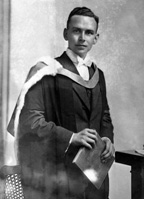
Reference: 35062
Mrs Sam Will, Barbaraville, De...
|
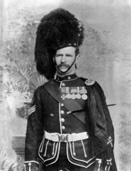
Reference: H-0203
Lt.Col Donald Dickson Farmer (...
|
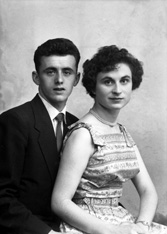
Reference: 1391
Miss Barron, South Drive. ...
|
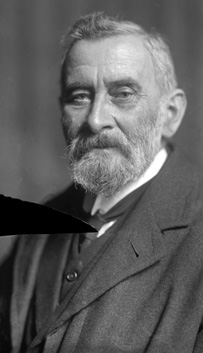
Reference: 17255
James Barron of The Inverness ...
|
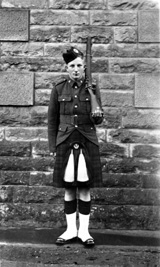
Reference: 33267a
Private W. Ross, Cameron Highl...
|
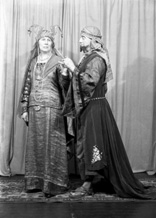
Reference: 29108f
Matheson Lang was born in Mont...
|
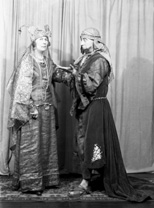
Reference: 29108e
Matheson Lang was born in Mont...
|
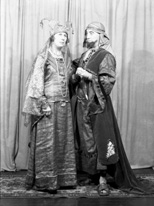
Reference: 29108d
Matheson Lang was born in Mont...
|
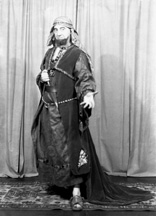
Reference: 29108c
Matheson Lang was born in Mont...
|
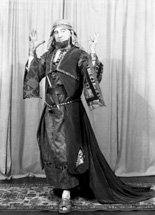
Reference: 29108b
Matheson Lang was born in Mont...
|
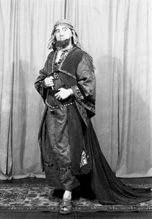
Reference: 29108a
Matheson Lang was born in Mont...
|
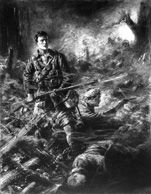
Reference: 432
Major Borradaile, (or Borrowda...
|